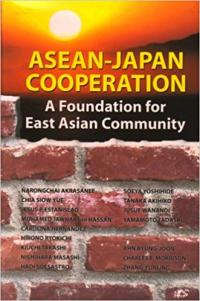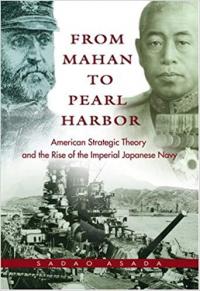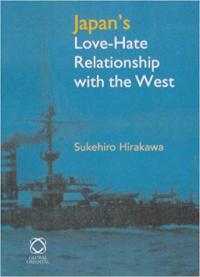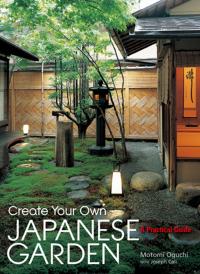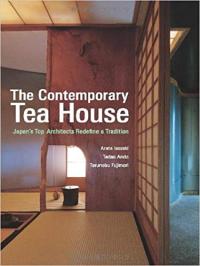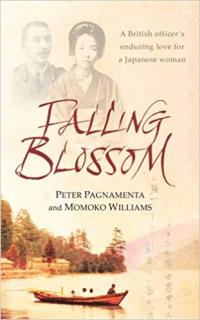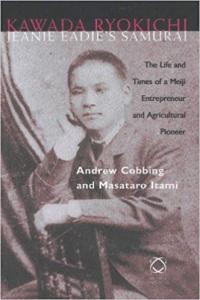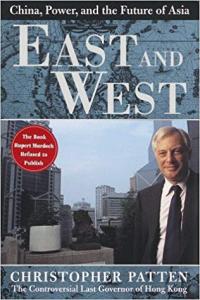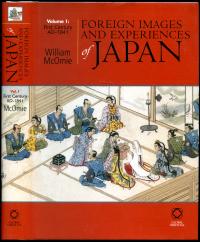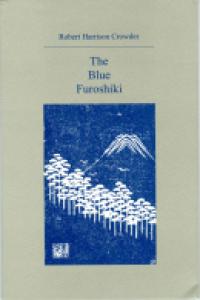The Japan Society Review
The Japan Society Review is an digital publication covering Japan-related books and films, as well as theatre and stage productions, tv series and exhibitions. Published since 2006, it is released now on a quarterly basis and is available online on our website. Its purpose is to inform, entertain and encourage readers to explore the works for themselves.
The Japan Society Review is possible thanks to the work of volunteers who dedicated their time and expertise to help us to promote the learning and understanding of Japanese culture and society.
To become a reviewer, please fill the form here and let us know a little about you, your professional or academic background, your interest, passion or expertise regarding Japan and the type of works you would like to review.
If you have any questions, please contact reviews@japansociety.org.uk.
Books
ASEAN-Japan Cooperation: A Foundation for East Asian CommunityBy Tadashi Yamamoto and Charles Morrison, et. al. This book assesses the importance of enhanced ASEAN-Japan cooperation as a step toward a greater East Asian regional community. Fifteen international relations experts from ASEAN (Association of Southeast Asian Nations) countries and Japan, as well as China, South Korea, and the United States, review the history and current status of this bilateral relationship and propose how it can be strengthened. Review by Tomohiko Taniguchi
Books
From Mahan to Pearl Harbor: The Imperial Japanese Navy and the United StatesBy Sadao Asada Drawing on previously unused Japanese records from the three naval conferences of the 1920sthe Washington Conference of 1921-22, the Geneva Conference of 1927, and the London Conference of 1930the author examines the strategic dilemma facing the Japanese navy during the 1920s and 1930s against the background of advancing weapon technology and increasing doubt about the relevance of battleships. He also analyzes the decisions that led to war with the United Statesnamely, the 1936 withdrawal from naval treaties, the conclusion of the Tripartite Pact in September 1940, and the armed advance into south Indochina in July 1941in the context of bureaucratic struggles between the army and navy to gain supremacy. Review by Ian Nish
Books
Japan's Love-Hate Relationship with the WestBy Sukehiro Hirakawa Professor Hirakawa in a postscript (page 544) emphasises the importance "for Westerners to study not only the life and thought of the Orient but also to study those of the Occident from the Oriental points of view." This book is a significant contribution to this task. It is written in good clear English and demonstrates the width of the author's knowledge and cultural understanding. For anyone interested in Japanese literature and Japan's relations with the rest of the world this book contains much of interest as well as insights into a wide range of historical as well as cultural issues. Review by Sir Hugh Cortazzi
Books
Create Your Own Japanese Garden: A Practical GuideBy Motomi Oguchi and Joseph Cali In this book, renowned garden designer Motomi Oguchi offers the reader a step-by-step, practical approach to creating Japanese gardens, drawn from a wealth of experience that covers thirty years and encompasses the design of more than 400 gardens. The author uses real examples from gardens he has designed, constructed, and photographed to illustrate his key points, approaching each work from the perspective of the home or building owner. Review by Sir Hugh Cortazzi
Books
The Contemporary Tea House: Japan's Top Architects Redefine a TraditionBy Arata Isozaki, Tadao Ando and Terunobu Fujimori The tea house is one of Japans most original buildingsa very small, very simple space consisting of tatami mat, tokonoma (the alcove where wall scrolls are hung and flower arrangements placed), ro (the sunken stove where tea is heated) and nijiriguchi (the half door through which guests enter) . For generations, Japanese architects have embraced the challenge of the tea house despite severe formal constraints. Now, this beautiful and fascinating volume takes the traditional tea house and turns it on its head. Review by Sir Hugh Cortazzi
Books
Falling Blossom: A British Officer's Enduring Love for a Japanese WomanBy Peter Pagnamenta and Momoko Williams The central focus of this well written, moving and excellently researched book is the decades-long relationship between a British Army officer, Captain Arthur Hart Synnot, and a Japanese woman, Masa Suzuki, spanning the early 1900s up to the 1940s. Review by Sir Hugh Cortazzi
Books
Kawada Ryokichi - Jeanie Eadie's Samurai: The Life and Times of a Meiji EntrepreneurBy Andrew Cobbing and Masataro Itami Through a detailed reconstruction of Kawada's life and career, this book provides a remarkable case study of a single life impacting on developments in the Meiji period. The biography also takes us through different epochs. Not least, it contains the rare account of an East-West love story which unfolds through eighty-nine letters, all of which are transcribed and republished here. Review by Sir Hugh Cortazzi
Books
East and West: China, Power, and the Future of AsiaBy Christopher Patten Hong Kong's last British governor recounts his experiences helping foster democracy there and forecasts the economic future of Asia. Review by Sean Curtin
Books
Foreign Images and Experiences of Japan: Volume I: First Century AD-1841Compiled, edited and in part translated by William McOmie The first in a three-volume series, Volume 1 begins with the earliest written reports from China in the first century AD and ends with a survey of Dutch reports from 1841, which marks the point when 'Japan had been amply described in all major respects', and at a time when it began to be perceived as a less remote and more important country in Western eyes 'yet still emphatically closed to all foreign trade except that of the Dutch and the Chinese'. Review by Sir Hugh Cortazzi
Books
The Blue FuroshikiBy Robert Harrison Crowder Though better known for his Japanese folding screen paintings, California-based artist and author Robert Crowder is also a writer of prose and poetry, which detail accounts of his Japanese experiences. In The Blue Furoshiki, he ventures through time and place to recount bygone chapters of daily life in Japan. Review by Susan House Wade


